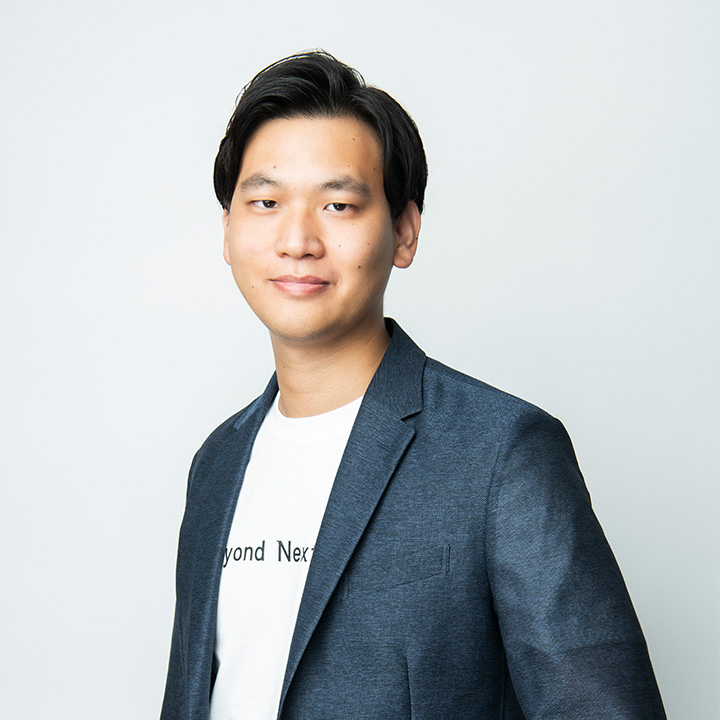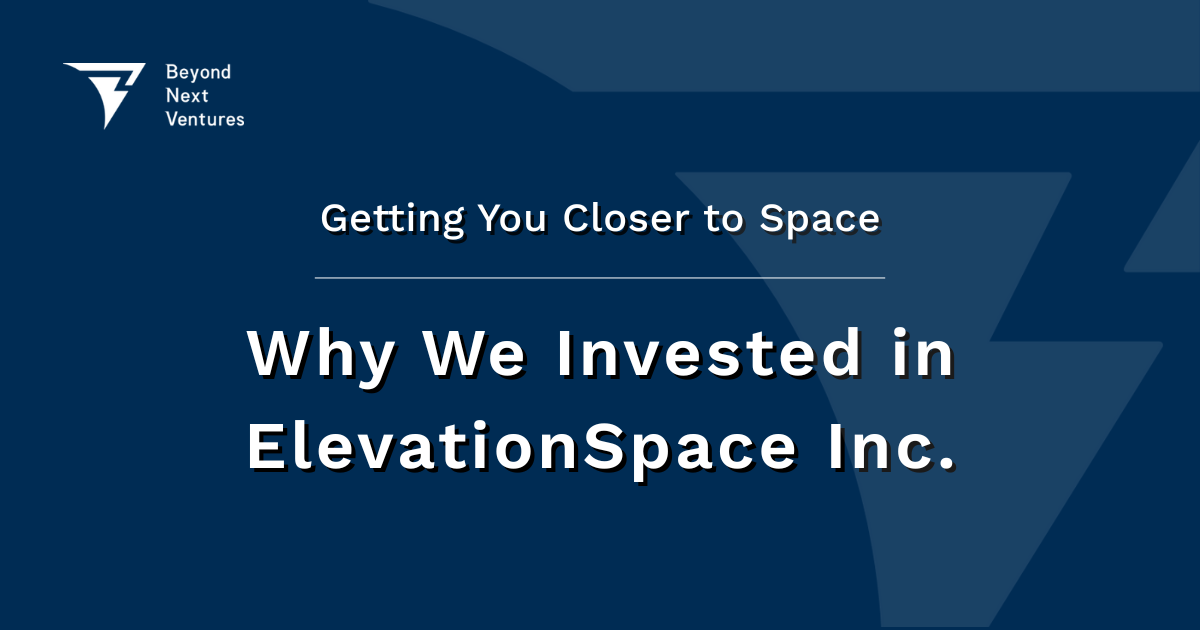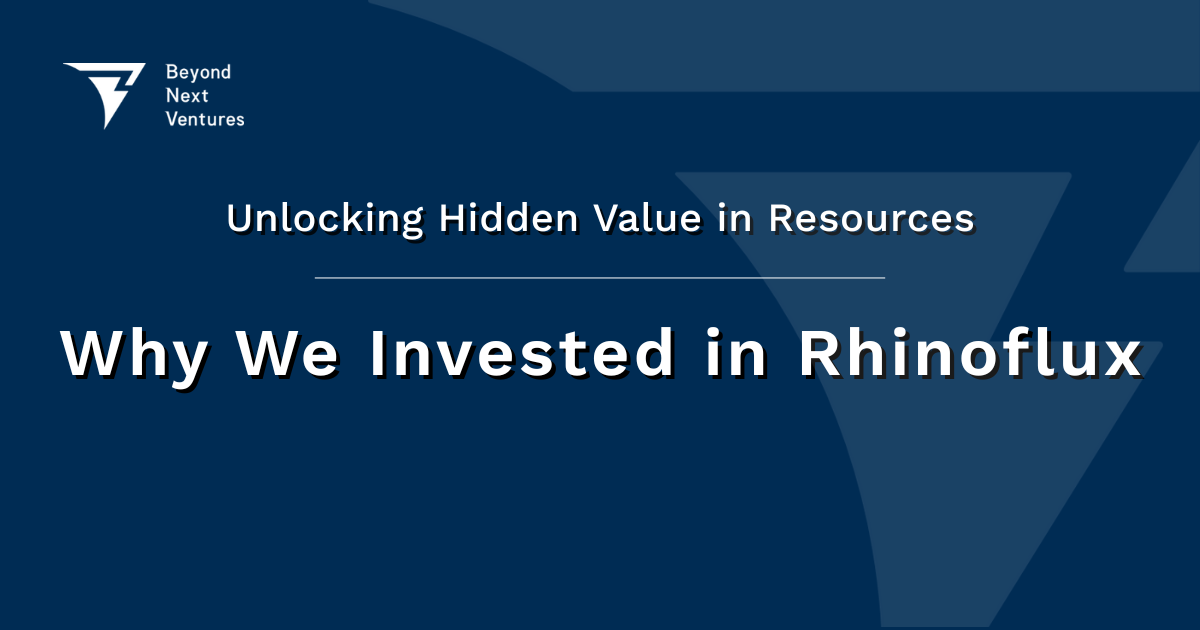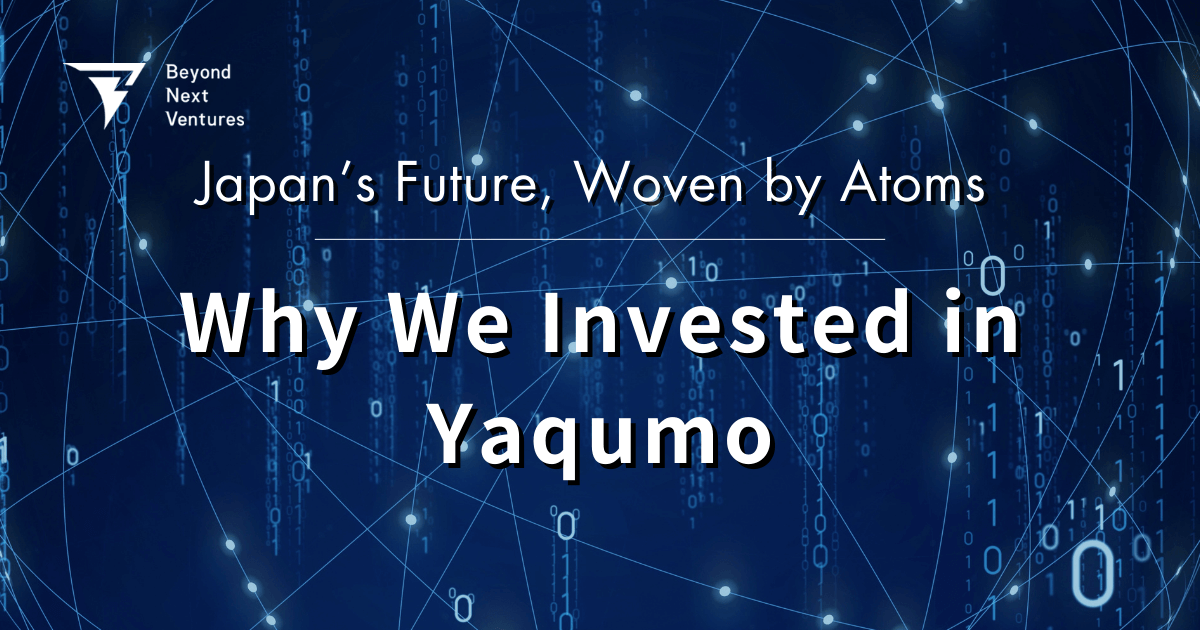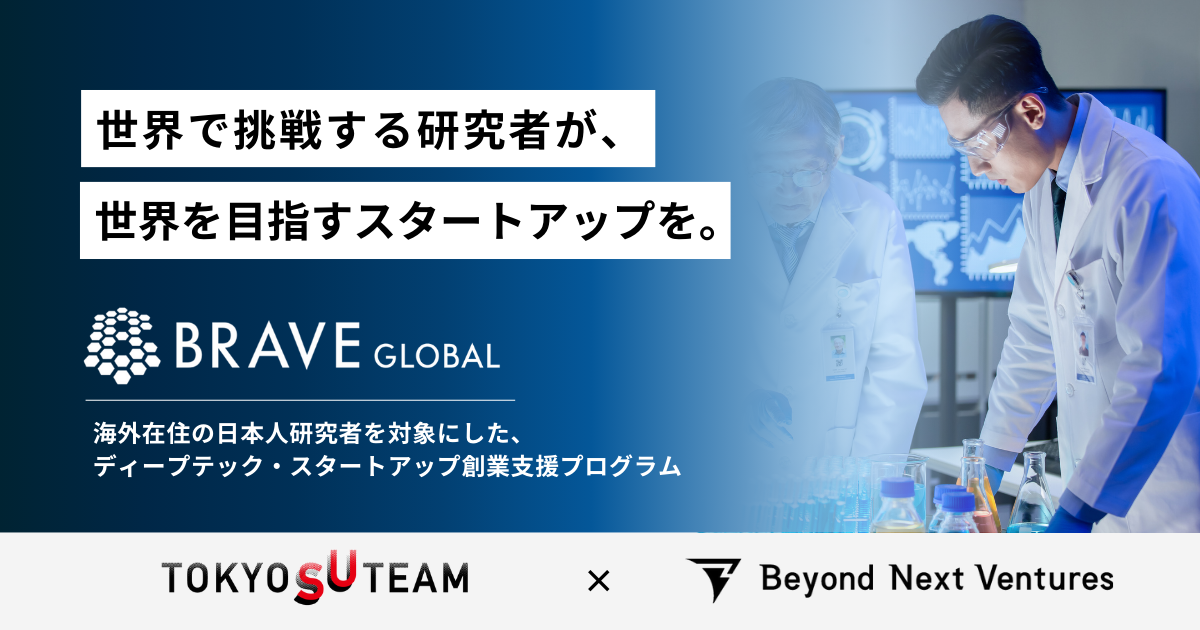Growing awareness of climate change and food security issues has brought increased attention to sustainable agricultural technologies. Amid this shift, TOWING Co., a startup from Nagoya University, is gaining global recognition for its innovative agricultural solutions, particularly its use of a high-performance biochar ( charcoal produced from wood and plants) known as “Soratan.”
The company recently completed a Series B funding round, raising 1.94 billion yen to further accelerate business expansion and global development. In this interview, Beyond Next Ventures Partner Akito Arima speaks with TOWING CEO Kohei Nishida about the company’s founding background, the potential of “Soratan,” and its global strategy.
Profile

TOWING Co., Ltd. CEO
Kohei Nishida
After completing a Master’s degree at the Graduate School of Environmental Studies, Nagoya University, I worked in R&D at a major manufacturer before founding TOWING in 2020 and assuming the role of CEO. I am dedicated to realizing a world where people can enjoy delicious crops for generations to come.
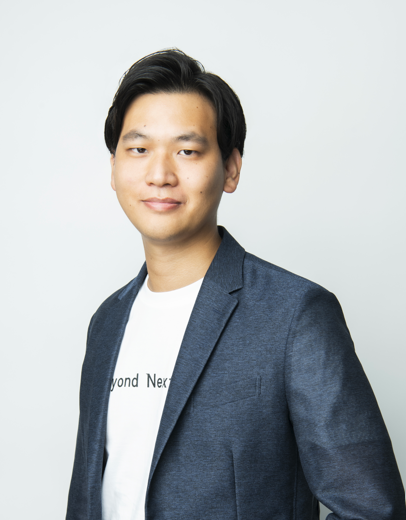
Beyond Next Ventures Partner
Akito Arima
I began my career at Marubeni Corporation in 2017, working across the agribusiness value chain and launching an investment team for agritech startups. Since 2019, I have been with Beyond Next Ventures, focusing on investments and hands-on support for agri-food tech startups. Appointed Partner in 2022, I also collaborate with MAFF and major corporations on industry–academia–government projects to drive innovation in food and agriculture. My goal is to help create the “GAFA of the agri-food sector.” I hold a degree in Biosciences and Informatics from Keio University.
Contents
- “Soratan” Sets a New Trend for Agriculture and Climate
- Why Did You Start the Business with “Soil”? — Nishida’s Origins
- Turning Points: Dialogues with Investors and Encounters with Teammates
- 1.94 Billion Yen Brought in by Trust and Preparation: Full Picture of the Fundraising Strategy
- Taking “Soratan” to the World: Behind the Scenes of Global Expansion and the International Conference
- To the Partners Creating the Next Generation of Agriculture and Society
“Soratan” Sets a New Trend for Agriculture and Climate
Arima:Thank you for making time to speak with us even though you just closed your Series B funding round and must be incredibly busy. Today, we’d like to hear about the background of the fundraising, your future outlook, and your participation in a global conference held in April. To begin, could you briefly introduce yourself and your company?
Nishida:TOWING was founded with the goal of bringing to society a soil improvement technology using microorganisms, which had been developed at institutions like Nagoya University, the National Agriculture and Food Research Organization (NARO), and Kyoto University. We are developing a new type of soil conditioner by carbonizing unused biomass and allowing microorganisms to settle on it.
Arima:It might be difficult for the general audience to understand your technology, so let me add a bit of context. With the growing attention on climate tech and agri-tech in recent years, I see your product as a novel development.
I also want to highlight three unique aspects I see in TOWING. First, the company was founded on research from academia. Second, you’ve created a new market, partly because your product aligns with current trends. And third, from the very beginning your team was built with global expansion in mind, which makes you unique.
Nishida:You’re absolutely right about creating a new market. It was significant that our founding coincided with key developments—like the EU’s Farm to Fork Strategy in 2020 and introduction of Midori (green) Strategy for Sustainable Food Systems by the Ministry of Agriculture, Forestry and Fisheries in Japan in 2021, both aimed at promoting sustainable food production. Around the same time, similar initiatives started in the U.S., marking a major transition in the agri-sector toward sustainability. We were able to seize the momentum as the market began to take shape.
* European Commission “Farm to Fork Strategy”: https://food.ec.europa.eu/horizontal-topics/farm-fork-strategy_en
*Japan Ministry of Agriculture “Midori Strategy for Sustainable Food System”: https://www.maff.go.jp/j/kanbo/kankyo/seisaku/midori/
Why Did You Start the Business with “Soil”? — Nishida’s Origins
Arima:While I understand the timing of your founding coincided with broader societal trends, I’d like to ask quite frankly—why did you choose to start a business around a “soil” product? I’ve always been curious about that.
Nishida:My background isn’t in agriculture but in environmental science. I studied how to address environmental issues through science. One lecture in particular left a deep impression on me where a professor said that “humanity is surviving by eating fossil fuels.” That statement struck me hard.
As I delved deeper, I came to realize that while sustainable technologies in the field of energy such as renewable energy and solar power were becoming widespread, technology related to food lagged behind. I became convinced that a time would come when our food systems would also need to shift toward sustainability, and saw soil as the key to that transformation, which is why I chose soil as the focus of my product.
Also, I wanted to bring the research I was doing at university into the real world. There are so many promising ideas hidden in academia, but very few people actually implement them in society. That motivated me to found my own company.
Turning Points: Dialogues with Investors and Encounters with Teammates
Arima:I remember when I first met you, to be honest, your business model and strategy weren’t yet fully formed. Having watched your growth since then, I’m genuinely happy to see how far the company has come. Looking back, were there any key turning points?
Nishida:I think one major turning point was the experience of raising funds for our Series A round. I’ve always placed a lot of value on communication with investors and during the fundraising round, I spoke with around 50 to 100 investors.
At the time, it was just me and our COO, Shunsuke Kimura, handling both business development and fundraising. There were some really tough moments, like when a deal we had lined up suddenly fell through. We received tough feedback from investors almost daily, and there were many moments where I realized how underdeveloped my thinking was.
But I took all that feedback seriously and focused on refining our business plan. That process has continued to be an invaluable learning experience.
Another major turning point was building a team. I don’t see myself as a charismatic leader, so I really focused on gathering the right people. In fact, in the early days, we were running a space agriculture project. It wasn’t exactly a money-making endeavor, but it turned out to be a great way to find our core founding team.
The idea was to transform sandy, microorganism-poor soil—like that on the Moon or Mars—into arable land (land suitable for growing crops) using our technology and create farms in space. Maybe because it was such a grand and ambitious concept, it attracted a lot of attention. We eventually gathered around 100 passionate volunteers for the project.
Many of them were highly talented professionals, including people working at major corporations in Aichi Prefecture. The experience of teaming up with them and driving the project forward taught me a great deal. Some of those volunteers eventually became TOWING’s founding team members. I feel that once your first team comes together well, it leads to more positive encounters down the road.
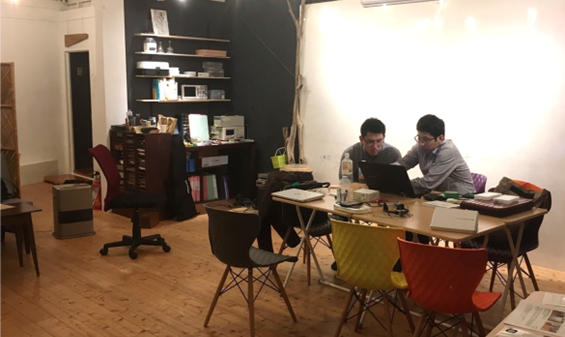
1.94 Billion Yen Brought in by Trust and Preparation: Full Picture of the Fundraising Strategy
Arima:In this Series B round, you brought in a number of new investors. Many of them were companies you had already built relationships with. Could you share what you paid attention to when engaging with investors?
Nishida:For this Series B round, it was essential to collaborate with a diverse group of investors, including operating companies, so building trust in advance was absolutely crucial. Even before officially launching the fundraising round, we had already started joint research and pilot projects with potential investors to create real points of contact. I believe that what drives investment decisions is ultimately the sense of business synergy and the building of medium- to long-term relationships.
Arima:As a venture capitalist, I often say that 70–80% chances that a fundraising would be successful comes down to preparation, and I think your company really embodied that principle.
Let me also share why we at Beyond Next Ventures decided to invest. In the deep tech space, technological superiority is, of course, important—but just as essential is the flexibility and adaptability to bring that technology into real-world application. In that regard, the strength of the team led by you, Nishida-san, really stood out. Your team absorbed feedback from a wide range of investors and evolved rapidly, which was very impressive.
We also appreciated that your foundation lies in strong academic expertise and robust technical capabilities, and that your product fits well within global trends like climate tech and agri-tech. The potential to create a new market and the fact that you had a global outlook from the early stages of the company added to our confidence.
Nishida:That said, there were still significant challenges in this round. One of them was coordinating internally with our R&D team. I know it sounds like self-praise, but I truly believe our research team has developed outstanding technology. Because of that, we’re in the luxurious but difficult position of being able to do many things with it.
For example, other than soil improvement materials, we have product ideas like cultivation units. We have an overwhelming number of potential product concepts. That’s a great thing—but from a management standpoint, we need to make decisions based on profitability and cost.
So sometimes, we have to halt or even abandon certain product developments. However, R&D members are often deeply attached to each of the technologies, so it’s not easy to get their buy-in. Those internal discussions were incredibly tough. Sitting down and finding common ground was just as challenging as dealing with investors, if not more.
Arima:It’s precisely because you faced these challenges head-on—both inside and outside the company—that you were able to build a strong team and raise a heft amount of ¥1.94 billion. How do you plan to use the funds from this round?
Nishida:We plan to allocate the funds across three main areas:
- Expansion of “Soratan” plants in Japan: We’ll build multiple plants domestically to strengthen our mass production capacity and firmly establish our presence in the Japanese market.
- Full-scale overseas expansion: We plan to build plants specially in countries like Thailand and the United States. Thailand has vast agricultural land and a strong need to reduce the environmental impact of food production, making it a market with enormous potential.
- New business development: While I can’t share specifics yet, we’re planning to cultivate new business pillars based on the “Soratan” technology.
As always, we intend to continue taking on new challenges, while building trust-based relationships.
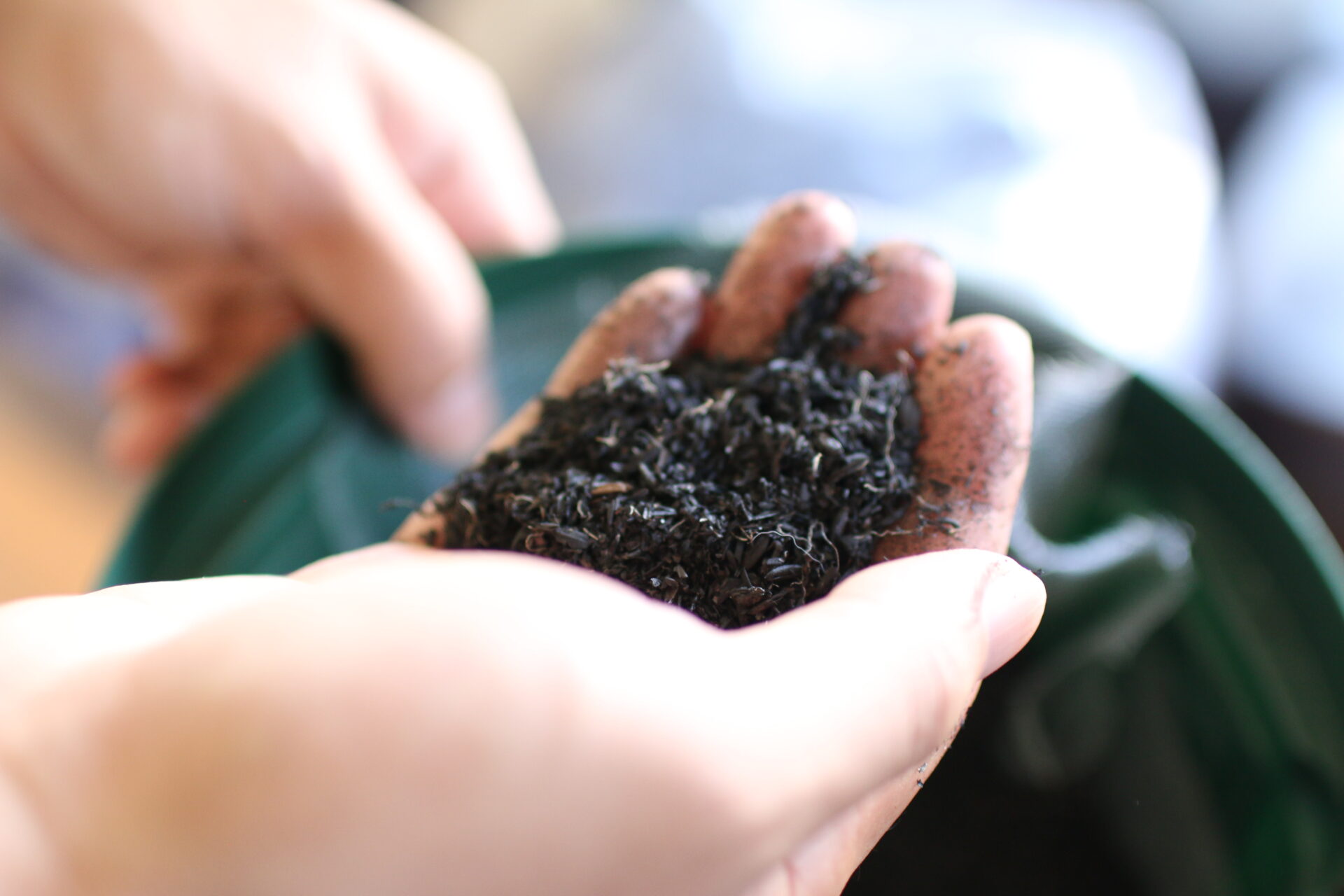
Taking “Soratan” to the World: Behind the Scenes of Global Expansion and the International Conference
Arima:Moving on to another topic, TOWING recently co-hosted an international conference in Japan called Global Biochar Exchange 2025 together with the International Biochar Initiative (IBI). I find this to be a very unique initiative. Could you tell us about the purpose of this conference and what did you achieve?
Nishida:Some of our members attended the IBI conference held in the United States, and they wanted to bring that enthusiasm and cutting-edge information back to Japan. They also wanted to showcase Japan’s biochar technology and market potential to the world.
As for outcomes, many experts and industry representatives from both Japan and abroad participated, which helped raise awareness of biochar in Japan. It also led to concrete collaborations with overseas companies. More than half of the participants had overseas connections, and presentations were delivered entirely in English, making it a truly global platform for information exchange.
Arima:Did any trends in agribusiness or biochar emerge through this conference?
Nishida:Biochar initially gained attention as a fuel source, but recently its potential as a soil amendment in agriculture has gained global recognition. Additionally, linked to carbon credits, there are high expectations for its effectiveness in reducing CO2 emissions.
Overseas, especially in countries facing large-scale biomass (unused organic resource) disposal challenges and air pollution from open burning, demand for biochar technologies is rapidly increasing. In countries with vast agricultural land relative to their total area, effectively utilizing the large volume of agricultural residues is an urgent issue, and we believe our technology can contribute significantly there.
Our product, “Soratan,” simultaneously improves the physical, chemical, and biological properties of soil, offering multifaceted benefits such as promoting crop growth, reducing fertilizer use, and reducing CO2 by capturing carbon in the soil.
In fact, besides Thailand and the U.S., we have active projects progressing in countries like Brazil and Mexico. These countries face challenges like improving sustainability in large-scale farming and effectively using unused biomass, so there is strong interest and high expectations for “Soratan.”
Arima:What do you keep in mind regarding overseas business expansion?
Nishida:Actually, when we shared our global expansion plans with investors during this fundraising round, the responses were not very positive. There were quite a few who were skeptical about whether a Japanese startup could truly succeed in expanding overseas.
Of course, to succeed it’s essential to deeply understand local needs and collaborate with the right partners. Fortunately, we have team members with extensive overseas business experience, and they are leading efforts to build cooperative frameworks with global trading companies and food-related firms. We are assembling a team capable of achieving things that we just as a company could not, so this is no longer just wishful thinking.
Therefore, while the business itself is important, it’s the people who run the business that really matter—and that’s where we will continue to focus going forward.

To the Partners Creating the Next Generation of Agriculture and Society
Arima:Your company name, “TOWING,” really reflects that spirit, doesn’t it?
Nishida:Yes, “TOWING” comes from the “towing car” that pulls rockets or aircraft to the runway. We want to be the kind of force that guides things heading into unknown territory to the starting point—that’s the role we aim to play.
The name was proposed by my younger brother, who is also a co-founder, driven by his passion “to create a company that moves people’s hearts.” One of our early projects was the “space agriculture system,” and since we are still advancing research and development in this area, I believe this name fits our company perfectly.
Arima:That’s a wonderful story unique to the Nishida brothers—the “Space Brothers” of the agriculture world. Thank you so much for sharing these valuable insights today. Lastly, could you please share your aspirations and a message for the future?
Nishida:Through this fundraising, I’ve been reminded of how many people have high expectations for us. To meet those expectations, we will focus on increasing revenue and profits, as well as expanding our business globally. We want to bring outstanding academic technologies into practical use to be able to solve challenges faced by farmers and contribute to solving environmental issues on a global scale.
Personally, I want to keep pursuing the space agriculture project without giving up. I also aim to create a cycle that flows from Earth to space, and from space back to Earth
TOWING has attracted a variety of professionals—from agriculture, science, physics, biology, to business. By bringing together such diverse expertise, we can advance toward realizing our big dreams.
If you want to help create a new future for agriculture together, please check out our recruitment page. We’re actively hiring for many positions, so feel free to reach out.
Arima:Nishida-san, thank you very much for today. I believe TOWING truly stands at the forefront of agri-tech and climate tech with its bold challenges. We look forward to your continued growth.

.jpg)
